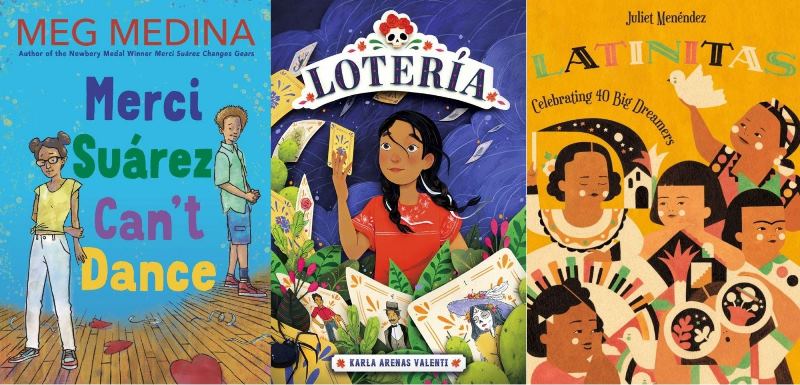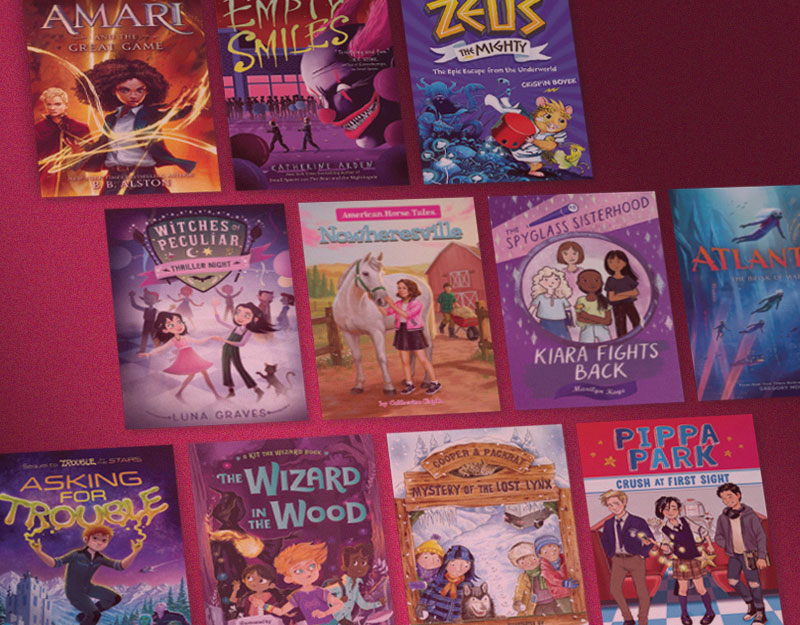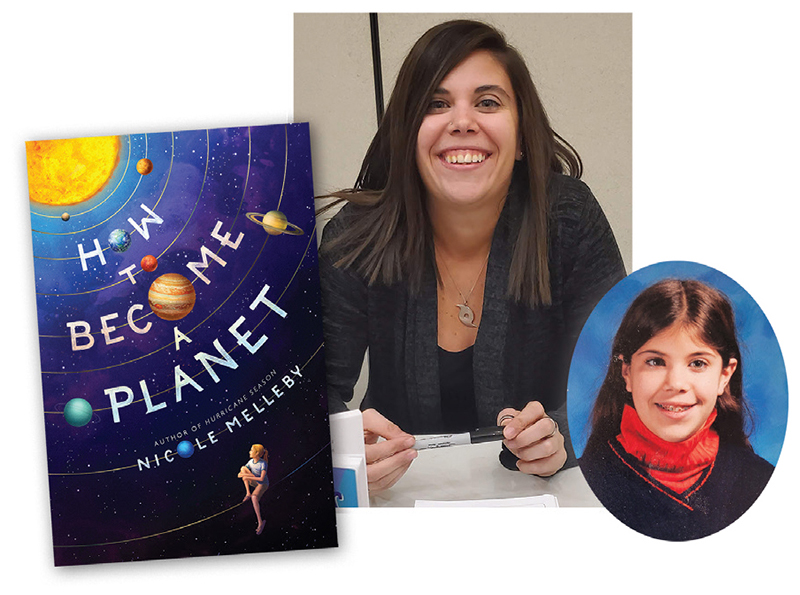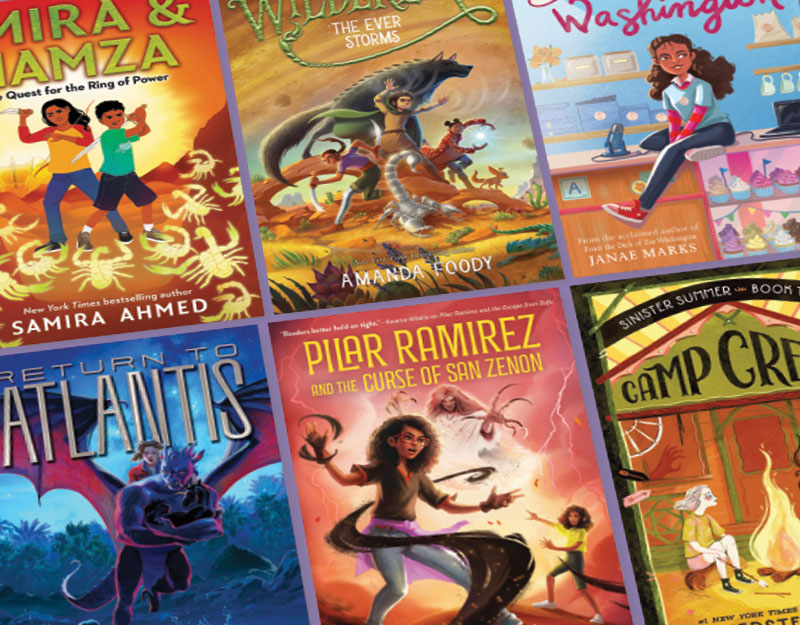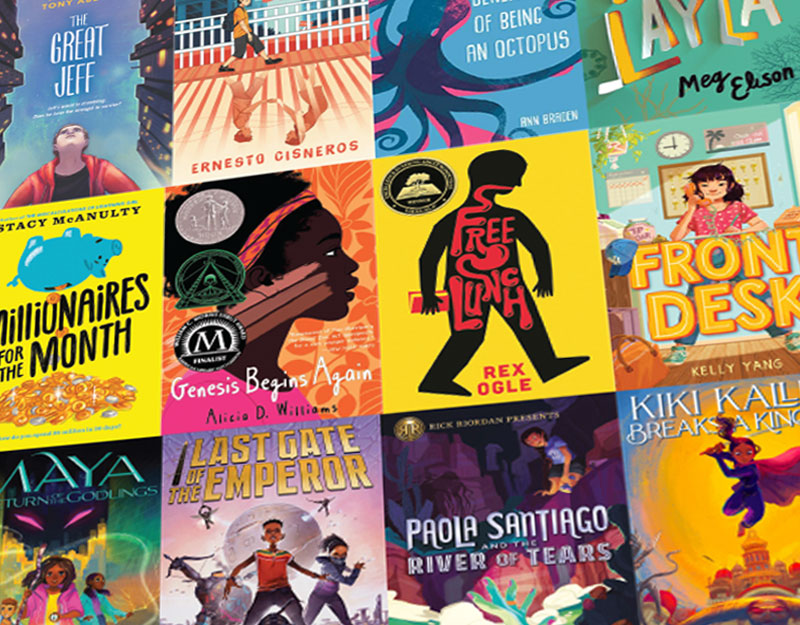There Must Be A Reckoning, a guest post by Wade Hudson

The idea for The Reckoning took shape while I was writing and promoting Defiant: Growing Up in the Jim Crow South, which was released in 2021. Defiant is a memoir about coming of age in the South during the Civil Rights Movement of the 1950s and 1960s. Much of this country’s progress in race relations took place during that time. I recall that period with fondness despite the turmoil that accompanied it. But I began to think more seriously about where we are as a nation today, which helped give birth to my novel, The Reckoning.
Writing Defiant took me on a spiritual, psychological, and physical journey. For almost two years, I did research to be better equipped to tell my story within a historical context as well as sharing my own personal experiences. That journey took me back to my home state and hometown. While there, I began to pay close attention to the youngsters I saw playing in their yards, shooting hoops, and sitting on front porches, as I had done decades earlier.
ADVERTISEMENT
ADVERTISEMENT

What is life like for them? What are their goals and expectations? What do they think about the world in which they will become adults? How different are they from the young Wade Hudson when he was their age? Have the successes of the Civil Rights Movement had a significant impact on the quality of their lives? How much has really changed for them? What are their relationships with White youngsters their ages? Questions like these stayed with me.
Defiant takes place during a time when the struggle for racial equality is clearly defined. The Reckoning, however, takes place during a more complex, more nuanced, and, I believe, more difficult time of race relations in America.
About The Reckoning, Publishers Weekly wrote: “An evenly paced story line and clear-eyed narration to explore systemic prejudice . . . resulting in a multilayered depiction of segregation and contemporary racism in America.” I was relieved. The reader gets it, I thought.
Into this multilayered depiction steps Lamar Phillips, a bright-eyed youngster who, unlike me at his age, is sure of what he wants to be—a filmmaker, just like his idol, the iconic Spike Lee. Lamar is dedicated to learning how to be a filmmaker. But in Morton, his small hometown, he feels there isn’t anything interesting to film.
Jefferson Wilson, one of the few White students at Morton Middle School, wants to be a filmmaker, too. That common interest fuels a friendship between the two boys, despite Jefferson’s racist parents.
Once staunchly segregated, Morton now has a Black mayor and several Black town council members. Some Blacks, like Lamar’s parents, hold meaningful jobs, jobs that would have been impossible some decades before.
But Morton is as segregated as it ever was. For many Black people, the goals of the Civil Rights Movement have not been realized. So cynicism casts a pall over expectations for the future.
Lamar’s grandfather is an activist whose protests during the 1960s and 1970s led to the end of Jim Crow laws and overt symbols of discrimination such as “Colored Only” and “White Only” signs in Morton. But he worries about the resignation of the Black community, the lack of interest in Black history and community involvement in contemporary times. When he is killed by a White man during a traffic altercation, the Black community and its supporters rally to seek justice for him. The veneer that has covered racism and the perceived progress that had been made is torn away and forces a reckoning in the town.
For centuries, racism in America was direct and straightforward. Laws, policies, and customs based on race and skin color determined who could and could not exercise rights and privileges. They created systems, structures, and expectations that permeated all aspects of our society. And they were vigorously enforced, often with violence. Despite efforts to combat it, legalized and culturally accepted racism continued to hold sway.
Slowly, victories like the integration of Major League Baseball in 1947 and the United States military in 1948 provided rays of hope. But it was during the Civil Rights Movement that many discriminatory laws were struck down and some barriers prohibiting Black Americans from participating fully in American life were removed.
Yet racism in this country has remained stubborn and persistent. Progress has been made, and it should not be minimized. Yet that progress isn’t accepted in many quarters of our country. Although many laws that discriminated against citizens have been overturned, movements to reinstitute others that seek to reestablish their goals persist. A truly integrated society, once a goal of the Civil Rights Movement, has not been achieved.
A July 14, 2022, post on NPR.org declared, “The U.S. student body is more diverse than ever before. Nevertheless, public schools remain highly segregated along racial, ethnic and socioeconomic lines.” “School Segregation in America Is as Bad Today as It Was in the 1960s,” screamed the headline of a March 22, 2018, story in Newsweek.
We still know so little about people who are different from ourselves. We too often see the world exclusively through our own experiences and perspectives. Even those of us who think we know better fall victim. When we do, we rely on old conventions we once sought to get away from.
Through The Reckoning and other books, young people can get to know more about those from different cultures and communities and who have different life experiences. The Reckoning recognizes that truth must be faced if we are to build the kind and just world that many of us desire. It recognizes that there must be a reckoning for all of us because we are all caught in the maze that systemic racism has constructed for us. It recognizes that there is no choice but to continue to work for justice and fair treatment for a better world for all of us, especially for our young people!
There are many reckonings that the killing of Lamar’s grandfather forces the people of Morton to confront. They must reckon with a racist past that some had assumed had been laid safely away. They must reckon with the progress they assumed had been made in the political life of the town that has not resulted in a better life for many. They must reckon with their complicity in not carrying on the fight for progress. Jefferson Wilson must reckon with his parents’ racism.
As in Morton, systemic racism has created a maze that entraps all of us. When we think we have found a way out, we find ourselves going down another path that we must make sense of. To find a way out requires a reckoning.
Meet the author
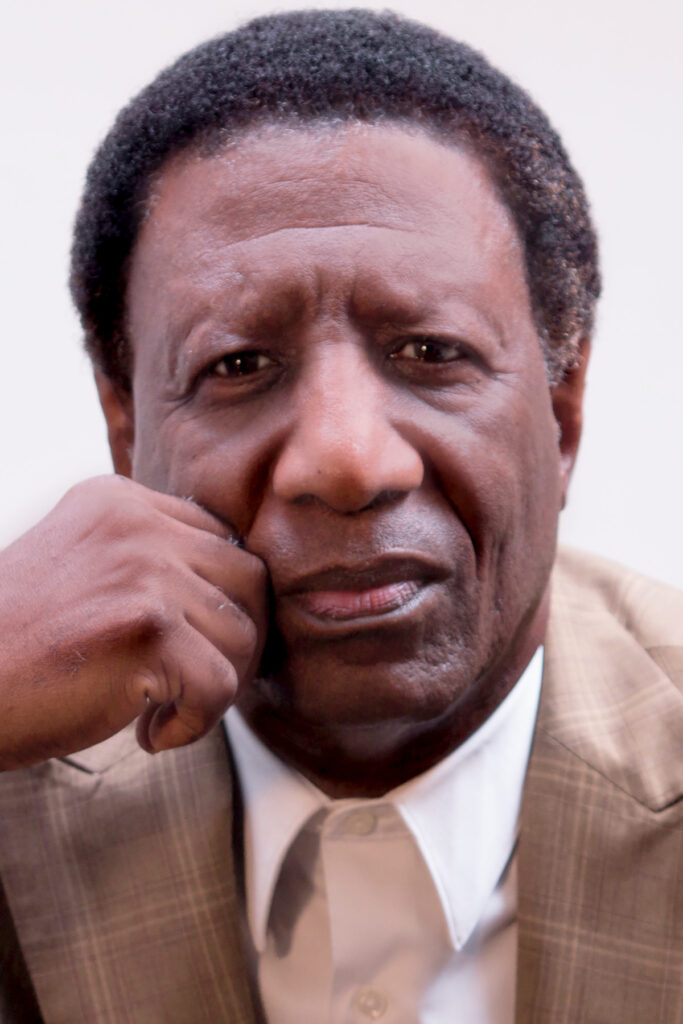
WADE HUDSON is an author, a publisher, and the president and CEO of Just Us Books, Inc., an independent publisher of books for children and young adults. He has published over thirty books, including the anthologies We Rise, We Resist, We Raise Our Voices, which received four starred reviews; The Talk, which earned four starred reviews and was a New York Times Best Book of the Year; and Recognize: Black Lives Matter. These powerful collections were co-edited with his wife, Cheryl Willis Hudson. He also authored the middle grade memoir Defiant: Growing Up in the Jim Crow South, winner of the Malka Penn award.
About The Reckoning
A powerful contemporary novel about an aspiring 12 year-old filmmaker whose world is turned upside down when his grandfather is slain in a senseless and racist act of violence. From the author of the award-winning memoir, Defiant: Growing Up in the Jim Crow South and co-editor of Recognize! An Anthology Honoring and Amplifying Black Life.
“A powerful reminder to never stop speaking the truth.” –Kirkus Reviews
ADVERTISEMENT
ADVERTISEMENT
Lamar can’t wait to start his filmmaking career like his idol Spike Lee. And leave behind his small town of Morton, Louisiana. But for now, Lamar has to learn how to be a filmmaker while getting to know his grandfather.
When Gramps talks about his activism and Black history, Lamar doesn’t think much about it. Times have changed since the old Civil Rights days! Right? He has a white friend named Jeff who wants to be a filmmaker, too, even though Jeff’s parents never let him go to Lamar’s Black neighborhood. But there’s been progress in town. Right?
Then Gramps is killed in a traffic altercation with a white man claiming self-defense. But the Black community knows better: Gramps is another victim of racial violence. Protesters demand justice. So does Lamar. But he is also determined to keep his grandfather’s legacy alive in the only way he knows how: recording a documentary about the fight against injustice.
From the critically acclaimed author and the publisher of Just Us Books, Wade Hudson comes a riveting, timely, and deeply moving story about a young Black filmmaker whose eyes are opened to racial injustice and becomes inspired to follow in his grandfather’s activist footsteps.
ISBN-13: 9780593647776
Publisher: Random House Children’s Books
Publication date: 01/02/2024
Age Range: 8 – 12 Years
Filed under: Guest Post
About Amanda MacGregor
Amanda MacGregor works in an elementary library, loves dogs, and can be found on Twitter @CiteSomething.
ADVERTISEMENT
ADVERTISEMENT
SLJ Blog Network
Endangered Series #30: Nancy Drew
Research and Wishes: A Q&A with Nedda Lewers About Daughters of the Lamp
Cat Out of Water | Review
ADVERTISEMENT



